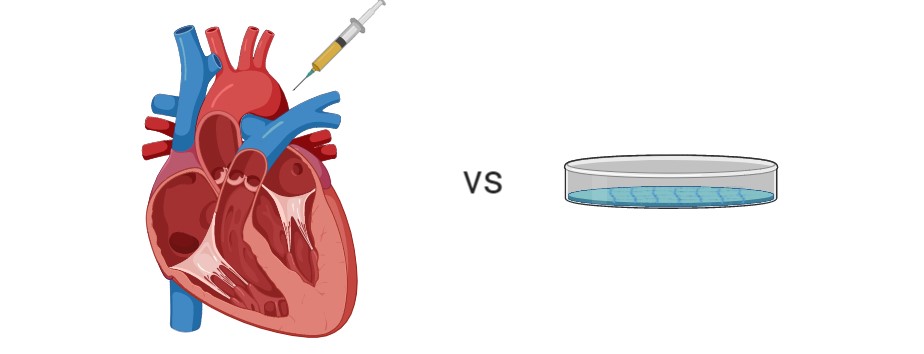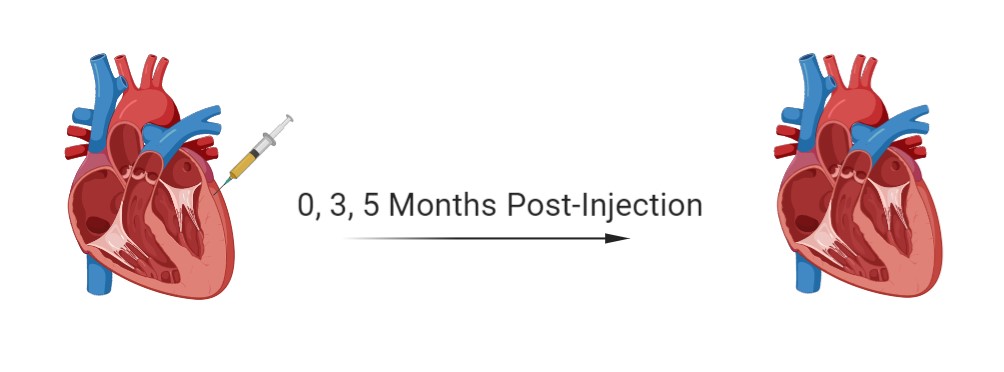45 4.5 Future Directions
To improve the findings of McLaughlin et al. (2019), future studies should aim to investigate any discrepancies between the results. During their investigation, McLaughlin et al. (2019) found contrasting effects of rHC I and rHC III when injected them in vivo versus in vitro. The levels of M1 and M2 recruitment in both environments seemed to vary drastically depending on the collagen type used in the experimental hydrogel. These effects should be looked into further to determine the causal differences of these varying M1 and M2 levels. Some researchers are proposing that the dichotomous grouping of macrophages into either an M1 or M2 subtype oversimplifies the roles of either macrophage type (Nahrendorf & Swirski, 2016). Macrophages can perform a variety of functions and can differentiate depending on signals from their environment (Watanabe, Alexander, Misharin, & Budinger, 2019). As a result, macrophage function resembles a spectrum rather than a dichotomous grouping. Given that this system of classification may be oversimplified, future research should aim to investigate alternative reasons to explain experimental differences found in vivo versus in vitro.

Macrophage differentiation and function:
The long term effects of the use of rHC hydrogel injected also remain unknown. Post-MI effects primarily occur in three stages: Inflammatory, Proliferative and Maturation (Nielsen et al., 2019) and (Lister, Rayner, & Suuronen, 2016). Injectable rHC hydrogel works by prolonging the effects of the proliferative phase to promote cell growth and repair. Prolonging this proliferative phase allows the heart to combat the adverse structural remodelling that typically occurs post-MI. However, there is no evidence to support the longevity of these beneficial effects. Recombinant human collagen is organic material and therefore is subjected to degradation over time. There is currently no literature that outlines the effects of changes that happen to the heart after this material is degraded by the body. To investigate these changes a longitudinal study is suggested in order to observe whether or not the positive effects of rHC hydrogel injections are sustained over time.

Key Takeaways
Future studies should aim to:
- Clarify differences between in vivo versus in vitro findings
- Review nomenclature used to define macrophages
- Conduct longitudinal studies to investigate long term effects of rHC
